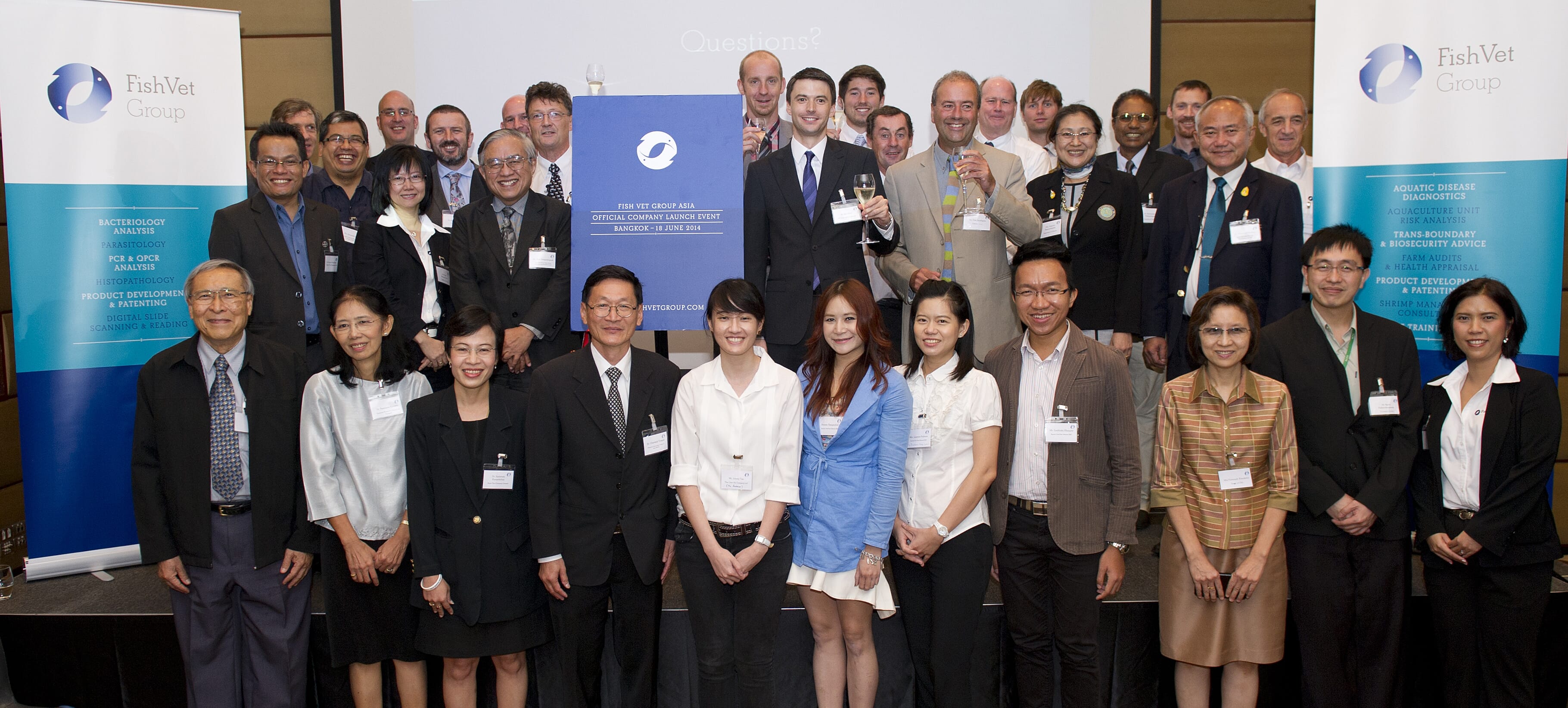Established in the UK in 1995 to provide veterinary health services for fish farming operations around the coast of Scotland, FVG has expanded to become the world’s largest dedicated aquaculture health provider with a footprint on three continents and a global team of over 50 veterinary surgeons, diagnosticians, biologists and environmental scientists.
In Asia, the Group has appointed a highly skilled aquatic health team selected for their extensive experience of the region and species-specific expertise of shrimp, tilapia, pangasius, all major carps and the other key aquatic species.
The team is based out of a fully equipped, purpose-built laboratory which houses advanced diagnostic tools including qPCR and digital histopathology capabilities.
Speaking from the UK, Fish Vet Group Ltd Managing Director, David Cox, said: “We are delighted to be launching FVG in Asia. The aquaculture industry throughout the region is ambitious and fast moving, and our expansion there is demand-led. Earlier this month, the UN’s Food and Agriculture Organisation (FAO) highlighted the increase in consumption of farmed fish with intake forecast to rise 4.4 per cent in 2014.”
“The accelerated growth of aquaculture industries brings many challenges, the most serious of which is the rise in disease. The Southeast Asian shrimp industry has been hit by Early Mortality Syndrome (EMS), while Chile’s salmon industry has been dealing with the impact of the ISA virus. European oyster prices have surged due to production declines in France, which has been hit by a herpes virus.”
“Positioning a highly experienced technical team in Thailand will allow us to support the pace of growth in aquaculture in the region through the provision of rapid-response on-farm clinical services and world-class aquatic veterinary diagnostics.”
Speaking from Bangkok, FVG Asia Operations Director, Don Griffiths, commented: “World aquaculture production is currently in excess of 80 million tons and Asia produces 90 per cent. However an estimated 20 per cent of world aquaculture production is lost to disease. By supporting aquatic health, FVG will contribute both to food security and to supporting livelihoods.”





